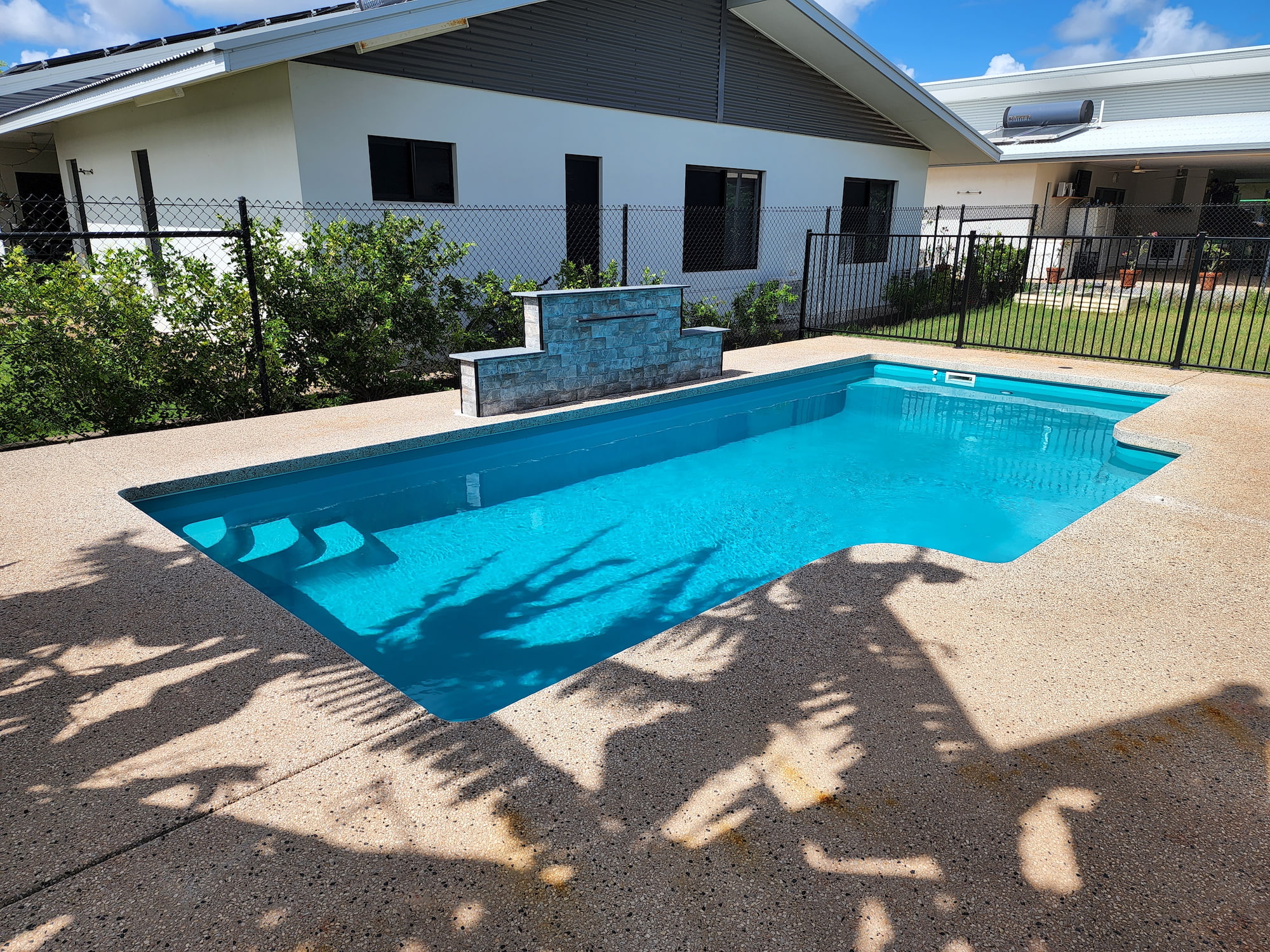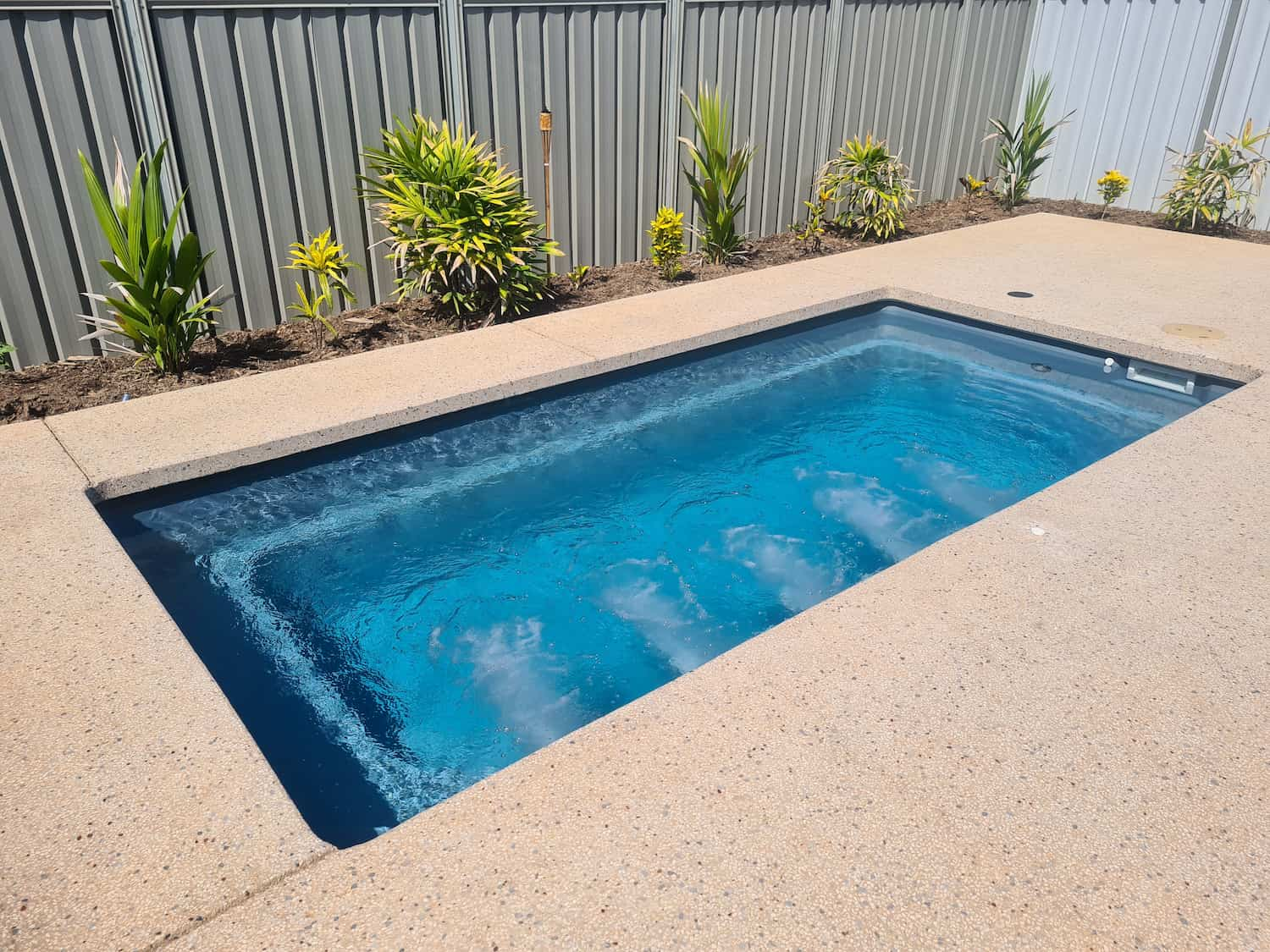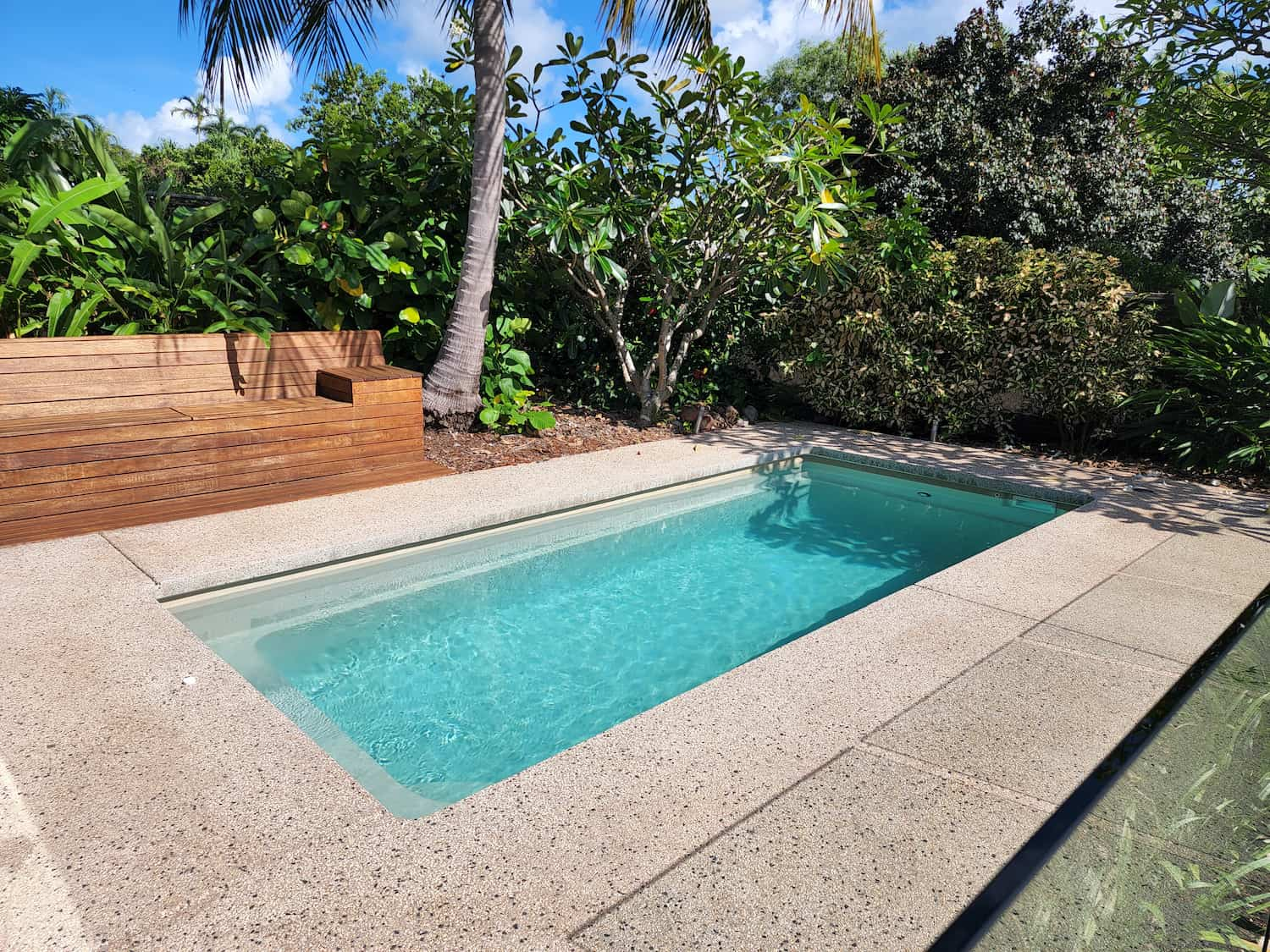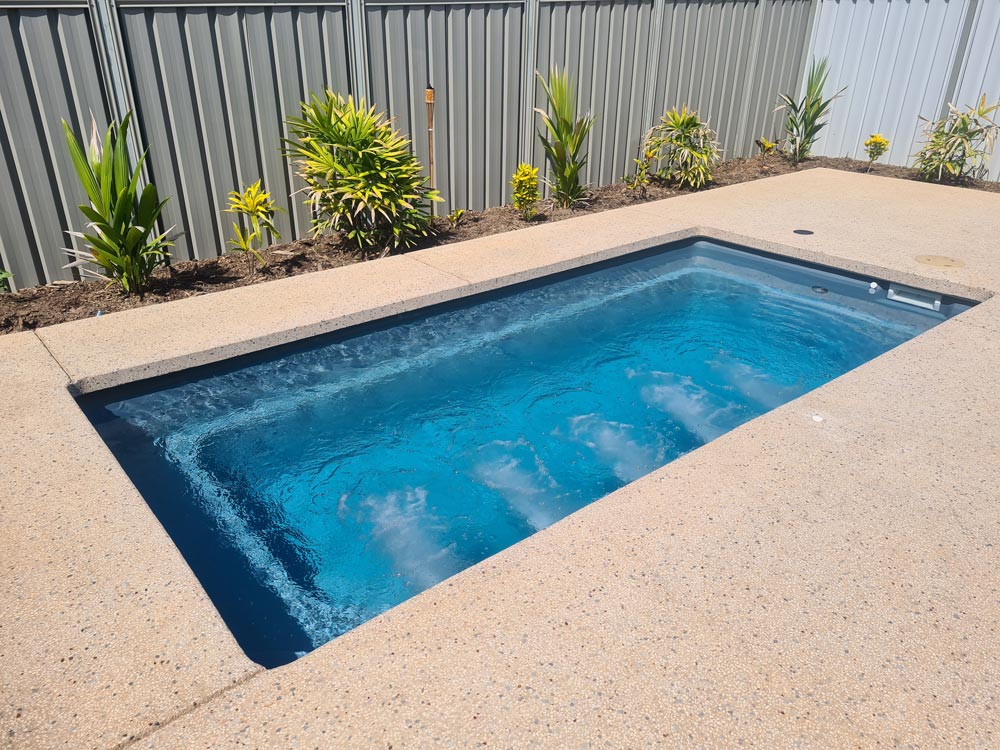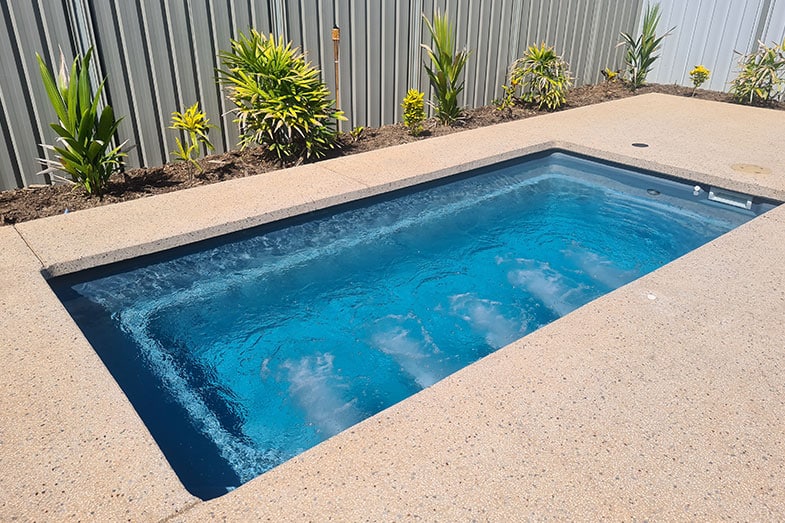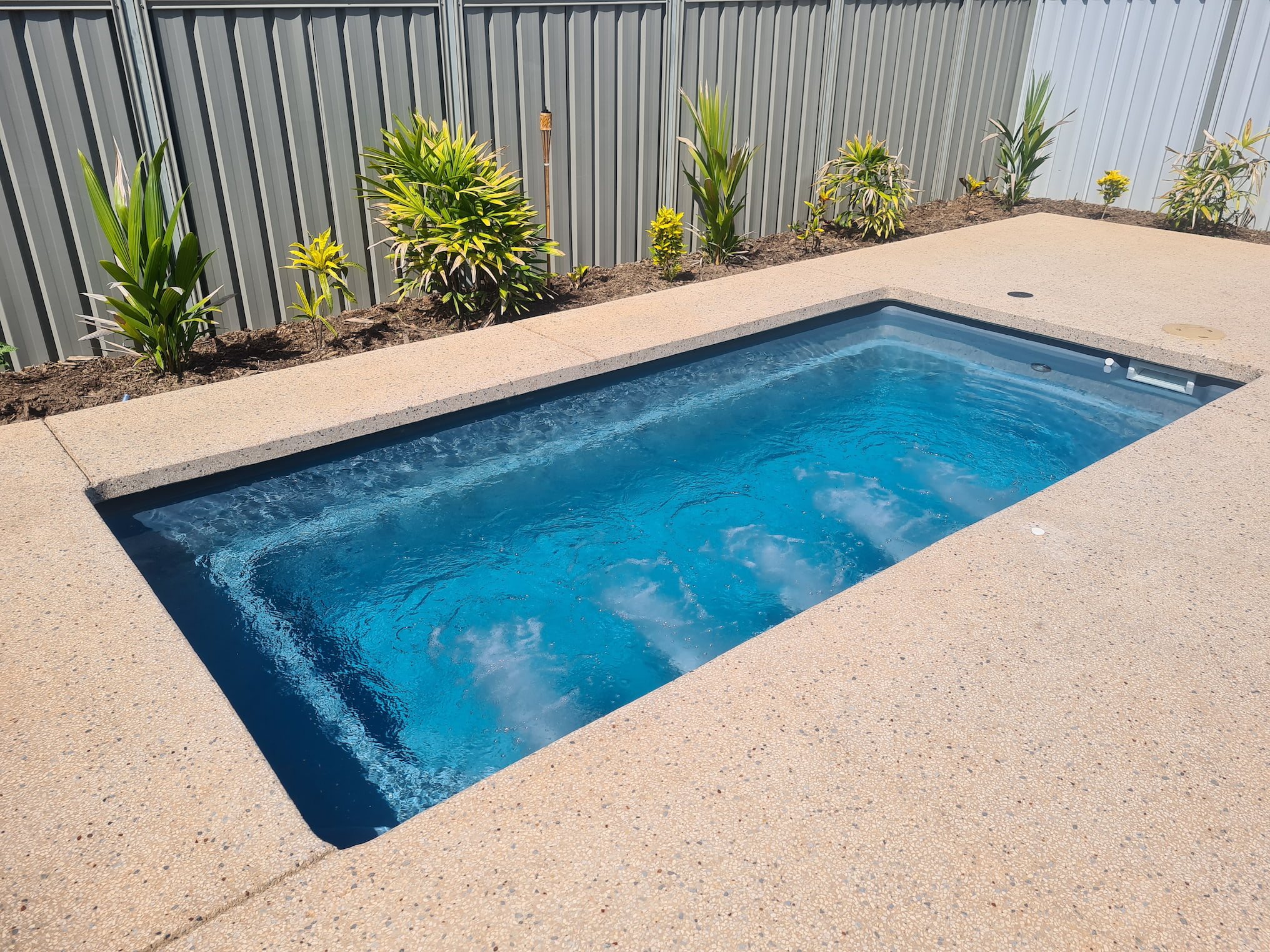Are you looking to enhance your home with a luxurious yet environmentally conscious addition? Plunge pools might be the perfect solution. These compact pools are a stylish centrepiece for any backyard, with many environmental benefits. From conserving water to saving on energy costs, plunge pools offer individuals a unique way to enjoy the benefits of a personal pool without the hefty environmental footprint associated with larger swimming pools. Let’s explore the top five ecological advantages of incorporating a plunge pool into your home.
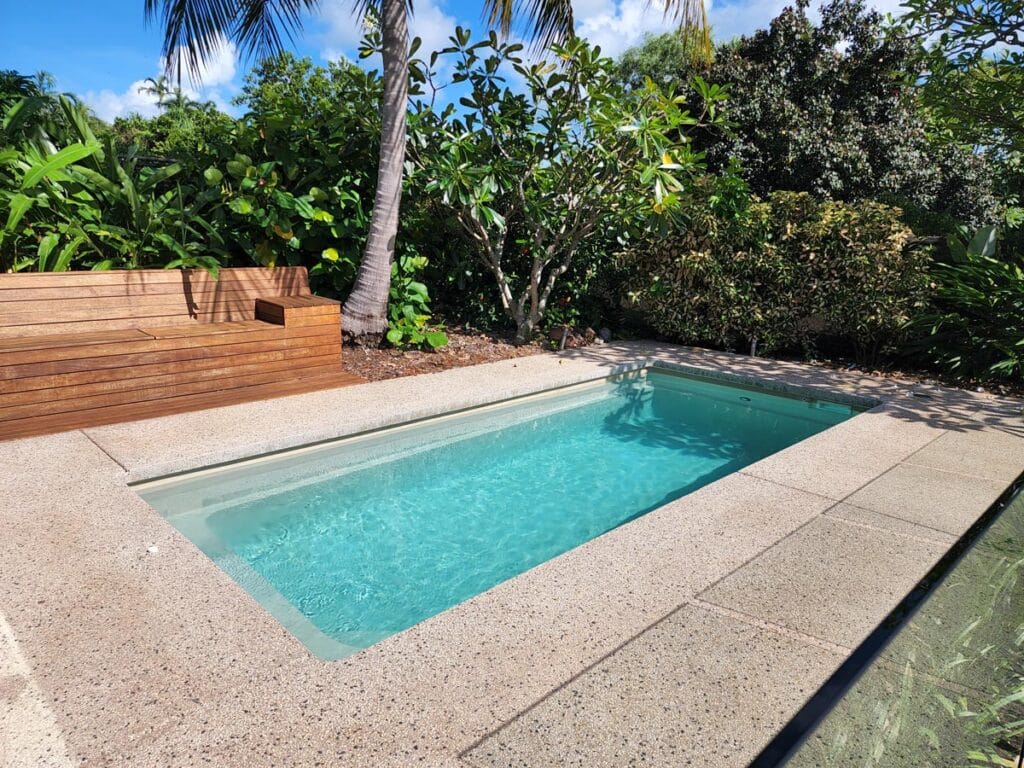
1. Reduced Water Usage
The most significant environmental benefit of plunge pools is their reduced water usage compared to traditional swimming pools. Plunge pools are considerably smaller, typically ranging from 4 to 7 meters in length and about 2 to 3 meters in width, with a depth of about 1.2 meters. This smaller size means that plunge pools require substantially less water, reducing the strain on local water resources. By opting for a plunge pool, you can enjoy the luxury of a private pool while adhering to eco-friendly water usage practices.
2. Lower Energy Consumption
Another significant advantage of plunge pools is their lower energy consumption. The smaller volume of water means it takes less energy to filter and heat the pool than larger pools. Many plunge pool owners also opt for energy-efficient pumps, which reduce the pool’s carbon footprint. Moreover, the less frequent need for circulation and filtration in a smaller pool contributes to energy conservation. These factors combined mean that plunge pools can help decrease the overall energy usage of a household, aligning with a more sustainable lifestyle and potentially reducing utility bills.
3. Less Chemical Use
Plunge pools require fewer chemicals for maintenance due to their smaller size. This reduction benefits both the environment and the health of pool users. Large pools often need significant amounts of chlorine and other chemicals to keep the water clean and safe for swimming. In contrast, the chemical load for a plunge pool is much lower, which means fewer chemicals are released into the environment. This decrease in chemical use also reduces the risk of chemical runoff during rains, which can lead to pollution of local waterways and adversely affect aquatic life.
4. Space-Efficient Design
The compact design of plunge pools requires less space and less material to construct. This is particularly beneficial in urban areas, where space is at a premium. Choosing a plunge pool allows you to make the most of limited outdoor areas without the extensive excavations and constructions associated with larger pools. Furthermore, smaller sizes mean less land is disturbed during installation, preserving more natural soil structure and landscaping.
5. Enhanced Longevity With Fewer Resources
The construction of plunge pools typically requires fewer materials due to their smaller size. This reduction in material use lowers the environmental impact associated with resource extraction and processing. Additionally, the durability and simpler design of plunge pools can lead to longer lifespans with less frequent need for repairs or renovations, further minimizing their environmental footprint over time.
Transform Your Backyard With Plunge Pools
Plunge pools offer significant environmental benefits, including reduced water usage, lower energy consumption, decreased chemical use, space-efficient design and enhanced local biodiversity. At Darwin Fibreglass Pools & Spas, we design and build plunge pools in Darwin that align with these sustainable practices. As reliable pool builders in Darwin, we offer various services from custom pool design to installation, ensuring your plunge pool perfectly suits your lifestyle and environmental values. So, if you want a pool that looks great and will last for years to come, contact us today.

